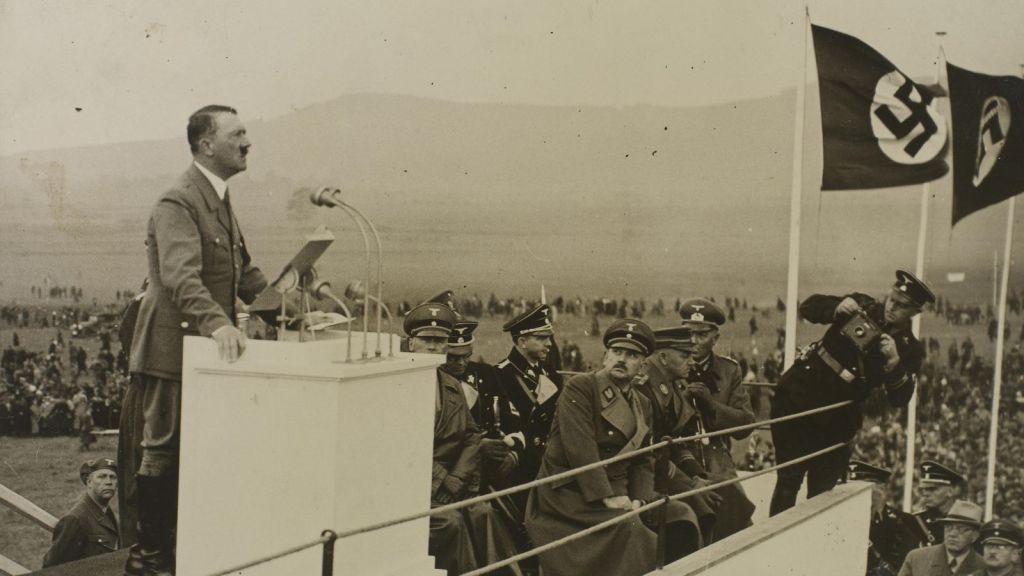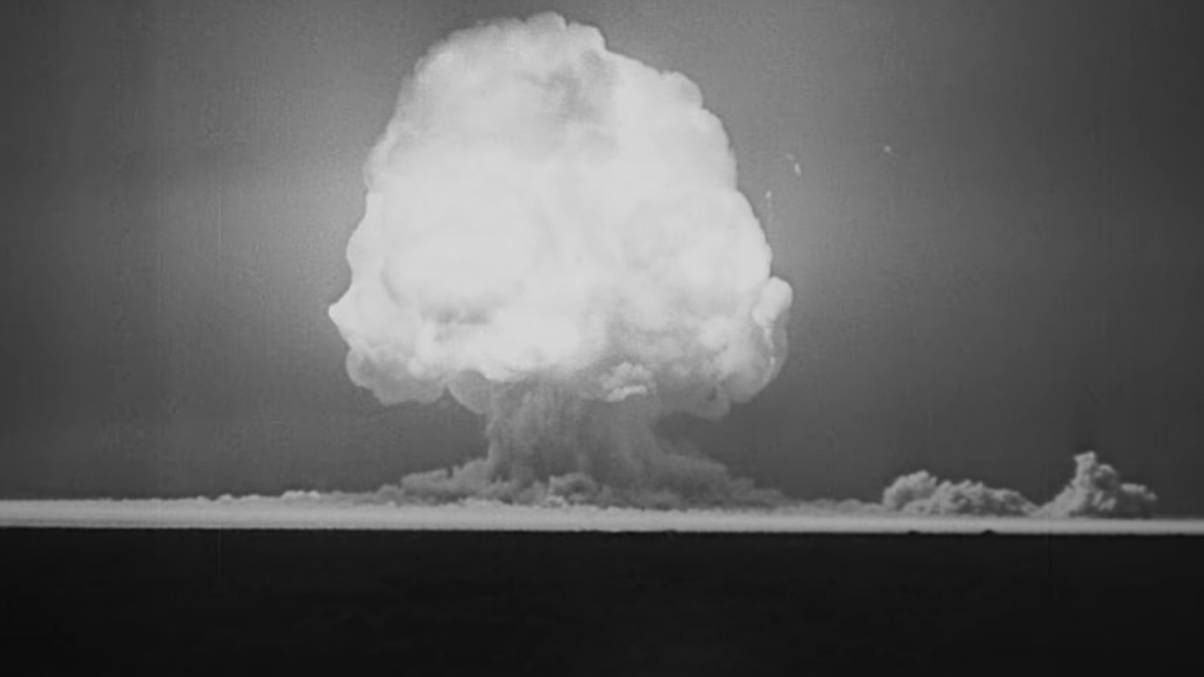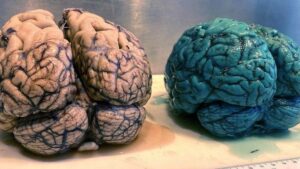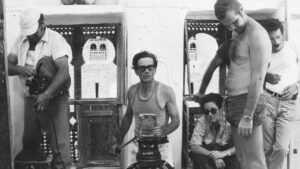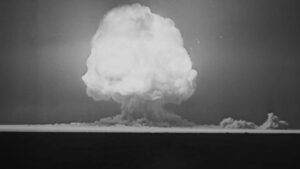“Unraveling the Dark Path: 14 Surprising Factors That Fueled Hitler’s Rise to Power”
7. Anti-Communist Sentiment


In the years following the Russian Revolution, the fear of communism spread across Europe like wildfire. Hitler capitalized on this fear by positioning the Nazi Party as a bulwark against communism. He portrayed communists as enemies of the German state, linking them to violence and chaos.
This anti-communist rhetoric resonated particularly well with Germany’s middle class and the elite, who feared that a communist uprising would strip them of their property and status. By positioning himself as the defender of capitalism and private property, Hitler secured the support of powerful industrialists and the wealthy.
8. Clever Political Alliances


Hitler’s rise wasn’t just about brute force, he also knew how to play the political game. Before taking full control of the government, he forged strategic alliances with conservative and nationalist parties, convincing them that they could control him.
These alliances helped Hitler secure key positions within the government and gradually dismantle any opposition. Once he consolidated his power, those who once thought they could keep him in check found themselves on the outside looking in, or worse, targeted for elimination.
9. The Enabling Act


One of the turning points in Hitler’s rise to absolute power was the passing of the Enabling Act in 1933. This law essentially gave Hitler the authority to rule by decree without needing approval from the Reichstag (Germany’s parliament). In other words, it was a legal coup that allowed him to push through any laws he wanted, no questions asked.
